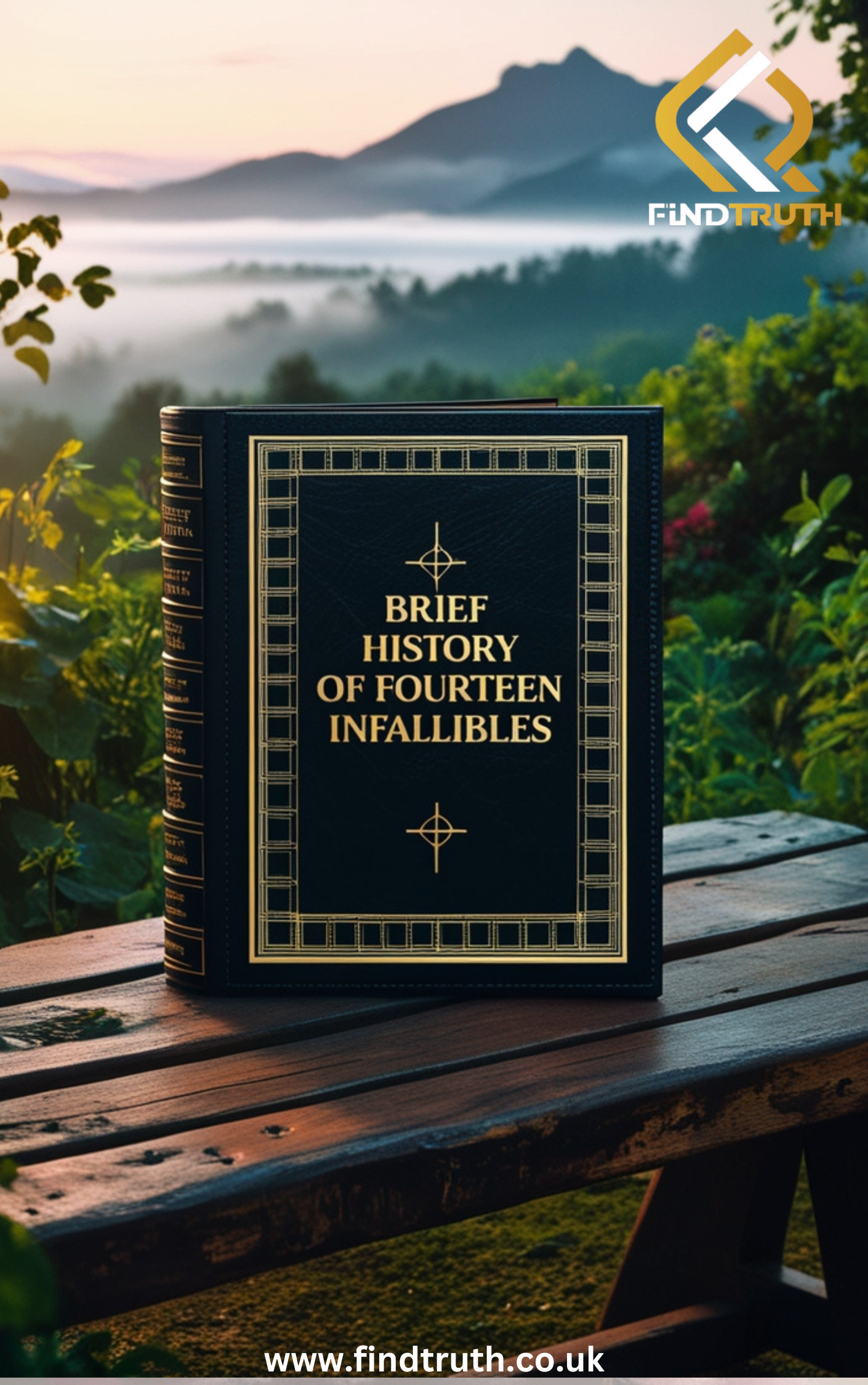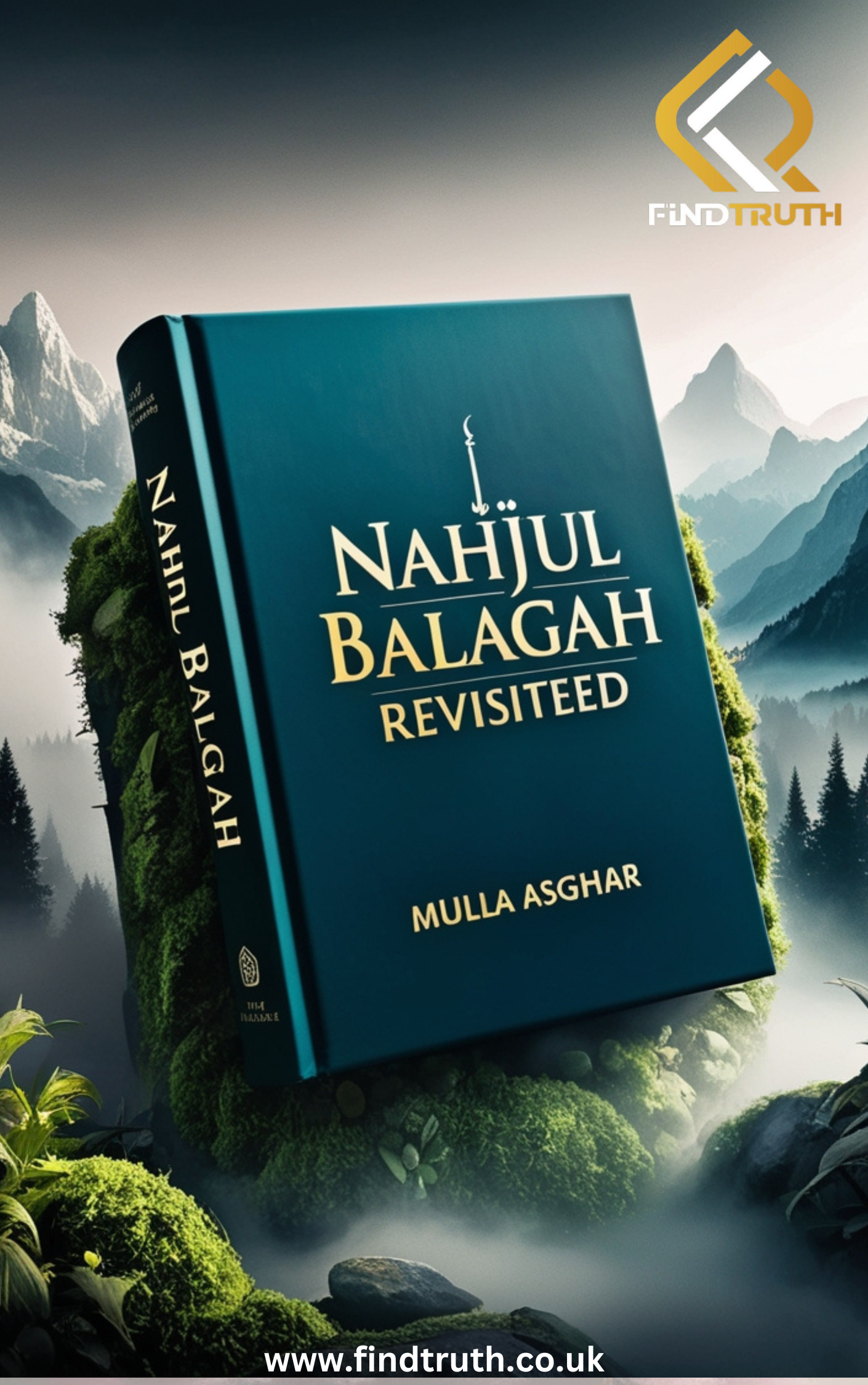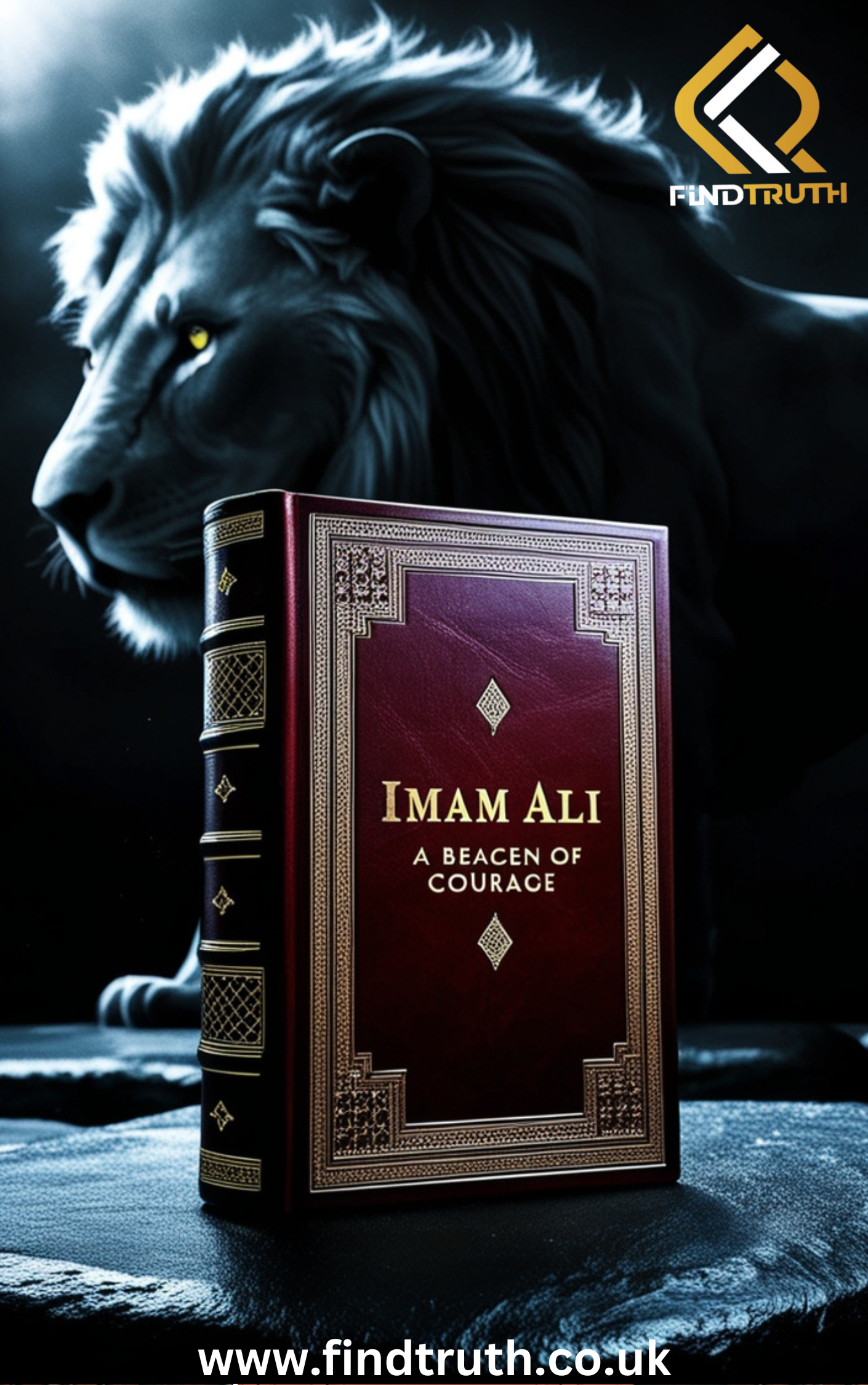
- Beliefs
-
Muslim Practices
- Salah (Daily Prayers)
- Sawm (Fasting)
- Hajj (Pilgramage to Makkah)
- Zakah (Charity Giving)
- Khums (Giving One-Fifth of Annual Saving)
- Jihad (Striving in the Way of God)
- Amr bil Ma'ruf (Encouraging Good)
- Nahy 'an al-Munkar (Stopping Evil)
- Tawalla (Loving the Prophet & His Family)
- Tabarra (Disassociating from the Enemies of the Prophet and His Family)
- Islamic Education
-
Akhlaq - (Ethics)
-
Quran & Sciences
-
Islamic History
-
Socio-Cultural
- Islamic Holy Places
-
Supplications
- Home
- Feature Selections ★
- Beliefs 🛐
-
Muslim Practices ☪️
- Salah (Daily Prayers)
- Sawm (Fasting)
- Hajj (Pilgramage to Makkah)
- Zakah (Charity Giving)
- Khums (Giving One-Fifth of Annual Saving)
- Jihad (Striving in the Way of God)
- Amr bil Ma'ruf (Encouraging Good)
- Nahy 'an al-Munkar (Stopping Evil)
- Tawalla (Loving the Prophet & His Family)
- Tabarra (Disassociating from the Enemies of the Prophet and His Family)
- Islamic Education
-
Akhlaq - Ethics 🔑
- Quran and Sciences 📖
-
Islamic History
- Socio-Cultural
- Islamic Holy Places
- eBooks
- The Glad Tidings of Mustafa for the Shia of Murtaz’a
The Glad Tidings of Mustafa for the Shia of Murtaz’a
This book delves into the significant prophetic sayings and traditions that highlight the virtues of Imam Ali (a.s.) and the Shia community's unique relationship with the Prophet Muhammad (s.a.w.w.). It explores the concept of "Murtaz’a" (the chosen one), referring to Imam Ali (a.s.) and underscores the divine guidance and promises made to his followers. Through an examination of historical contexts, prophetic traditions, and theological implications, the book aims to reinforce the bonds of faith among Shia Muslims and illustrate the pivotal role that both the Prophet and Imam Ali (a.s.) play in guiding the community. It also addresses misconceptions and presents arguments in favor of the Shia perspective on leadership and loyalty within Islam.










